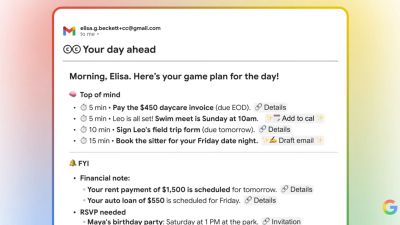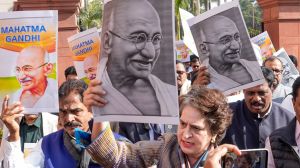Trai proposes removal of charges for over 100 SMS a day; old system ‘not fully under control’
The new TCCCPR, 2018, mentions several steps, including a central registry wherein any telecom service provider could update the number of a suspected spammer or telemarketer.
 To solve the problem, the Telecom Commercial Communications Customer Preference Regulations (TCCCPR), 2018 had been introduced, the consultation for which has started on Tuesday.
To solve the problem, the Telecom Commercial Communications Customer Preference Regulations (TCCCPR), 2018 had been introduced, the consultation for which has started on Tuesday.
In an apparent admission of failure to regulate unsolicited commercial communication (UCC), the Telecom Regulatory Authority of India (Trai) has said the old norms to check spam short messaging service (SMS) by telemarketers had failed, and, thus, was being replaced by a new framework.
In a release announcing the consultation for the new framework has started, Trai has said that “despite various measures taken to curb, complaints were on a rise and the problem was not fully under control”.
To solve the problem, the Telecom Commercial Communications Customer Preference Regulations (TCCCPR), 2018 had been introduced, the consultation for which has started on Tuesday. Stakeholders will have till March 3 to submit their comments, Trai said.
Under the old framework, initially only 100 SMS per sim per day was allowed to be sent. The regulations were subsequently revised to allow 100 free SMS per sim per day, after which it would be charged at 50 paise per SMS per sim per day. The notification was issued on November 5, 2012.
Trai had then hoped that “notifying a tariff of minimum of fifty paisa per SMS for SMS exceeding 100 SMS per SIM per day” would save telecom subscribers “from the menace of” unsolicited commercial communications.
The new TCCCPR, 2018, mentions several steps, including a central registry wherein any telecom service provider could update the number of a suspected spammer or telemarketer.
The new framework for curbing unsolicited commercial communications (UCC) also proposes that each service provider shall maintain records of complaints from its customers and submit performance monitoring report to Trai as and when required in a format as prescribed. It had also said that the maximum penalty per service provider would not exceed under Rs 50 lakh per calendar month.
The central registry, which the Trai then said could be derived from the Distributed Ledger Technology, was the need of the hour.
“Trai has determined, after careful analysis and witnessing proof of concept solutions, that this technology is indeed the appropriate “RegTech” for governing commercial communication,” the telecom regulator had said.
The telecom regulator had also envisaged a co-regulation framework under the Distributed Ledger Technology so that the needs of the subscribers were kept on priority.
UCC, which has been a major point of concern for the Trai, has seen rise over the years. In a Right To Information reply obtained by The Indian Express, the Trai had said that as of 2017, there had been 277 complaints over UCC, which had been forwarded to the respective telecom service providers.
This number was 161 in 2016, and 166 in 2015. In 2014, Trai data showed that there had been no complaints over UCC between January and July, whereas between August and December, there were 140 complaints which were forwarded to the telecom services providers.
Trai had started maintaining this data starting August 2012. Between August and December 2012, as many as 596 complaints regarding UCC were forwarded to the respective telcos, while this number stood at 471 in 2013.
- 01
- 02
- 03
- 04
- 05






























